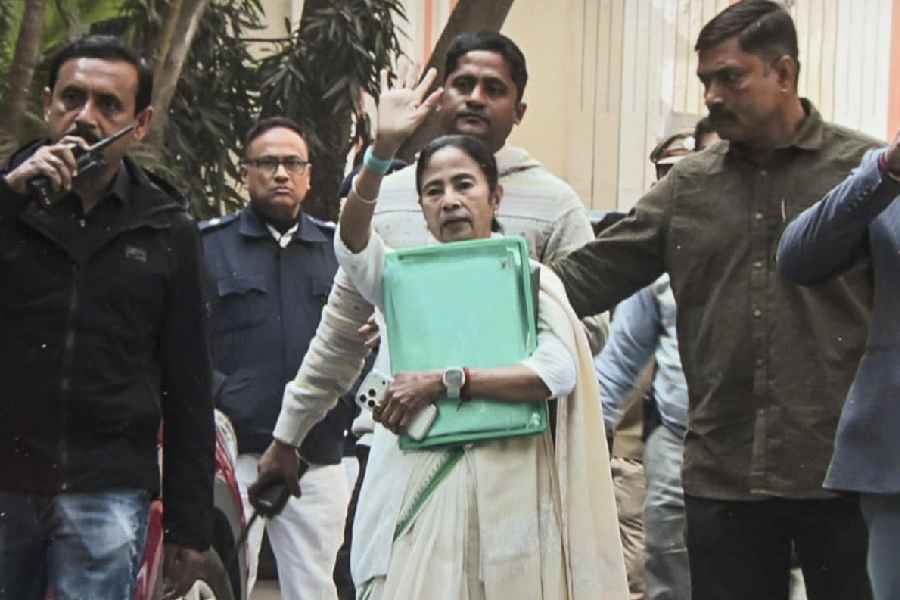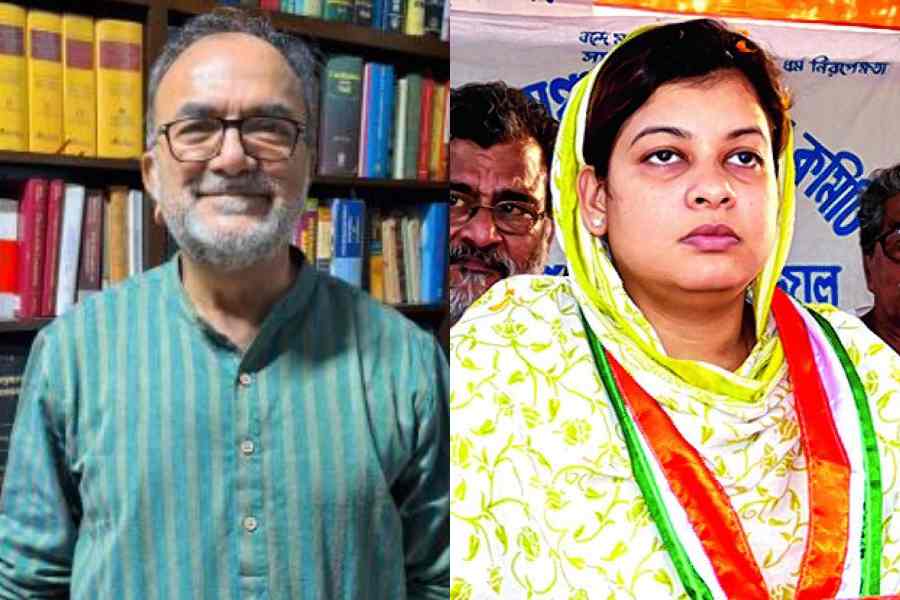 |
| Chetan Joshi at a concert in Japan. |
Ranchi, Sept. 13: The magic of Lord Krishna’s flute left the Japanese spellbound recently, thanks to the efforts of a classical exponent from Bokaro.
The state may have failed to promote indigenous art and culture but people like Chetan Joshi have shone on their own merit and made their state and country proud. Joshi enchanted audiences throughout Japan recently with his flute recital. He performed at a string of concerts in Ouno, Sanda City, Kyushu Island, Hiromi and Nishinomiya organised by the North Indian Classical Music Association of Sanda City, 50 km from Osaka. Midori Fujimoto, the chairman of the organisation, is a great player of Koto, a Japanese instrument. She accompanied Joshi and tabla player Vinod Lele of Varanasi during their journey.
Joshi reached Osaka on August 15 where a welcome party was organised in their honour. The first concert was organised at Ho-Kyo-Jee temple in Ouno City. A Chinese monk had founded this temple 750 years ago and it has been declared a national heritage of Japan. Joshi played ragas Jog, Hansadhwani and Mishra Pahadi at the ancient temple and winded up the concert with a dhun in khamaj. “It was a wonderful experience to perform in a Buddhist temple. It was like invoking Lord Buddha, the symbol of love and universal brotherhood,” Joshi said.
In the next half of the journey, the troupe went to Zen headquarters at A-hey-jee after which they returned to Sanda City. On August 18, Joshi delivered a lecture on the geographical position, political system, history, culture and music of India. This followed a question-answer session. His second concert was organised the same day before a packed audience at the main hall of Sanda City.
“I was moved by the response. The audience kept on clapping till I sat down to play another composition. I saw people crying with joy. I felt very proud for having learnt Indian classical music which has such power over people,” Joshi said.
The next two concerts were held at Kyushu Island. The first one was organised in association with a group of Save Nature activists. The mountains of Fukoyama provided the perfect backdrop for the flute recital here. The second concert was held in an open-air theatre that was lit with 1,000 candles.
“Before I started playing, local amateur artists of Kyushu had performed. Apart from playing the usual ragas, I played one chaiti dhun and to my surprise the people refused to let me go. I had to play 15 minutes more for them,” Joshi said.
The next concert was at Hiromi, a one-hour drive from Sanda City. It was organised by a company that deals in Japanese artefacts. The troupe visited a fair at Hiromi where they met two shakuhachi (Japanese flute) players. “We performed a jugalbandi there. Shakuhachi has four holes in comparison to the six holes in bansuri. As a result, they are able to play only five swaras, while Indian flutists can play all seven notes,” Joshi said.










